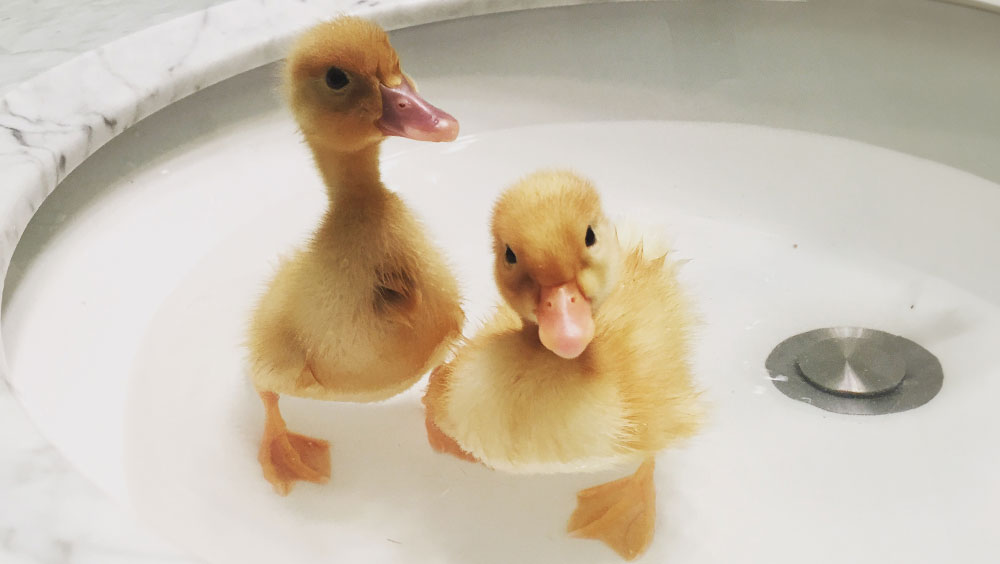Have you ever stumbled upon a chirping baby bird and wondered, 'What do baby birds eat?' Whether you're a bird enthusiast or have found a nestling that seems abandoned, understanding a baby bird’s dietary needs is crucial. In this article, we answer this important question and guide you through the various foods suitable for baby birds based on their species, age, and environment.
Understanding The Nutritional Needs Of Baby Birds
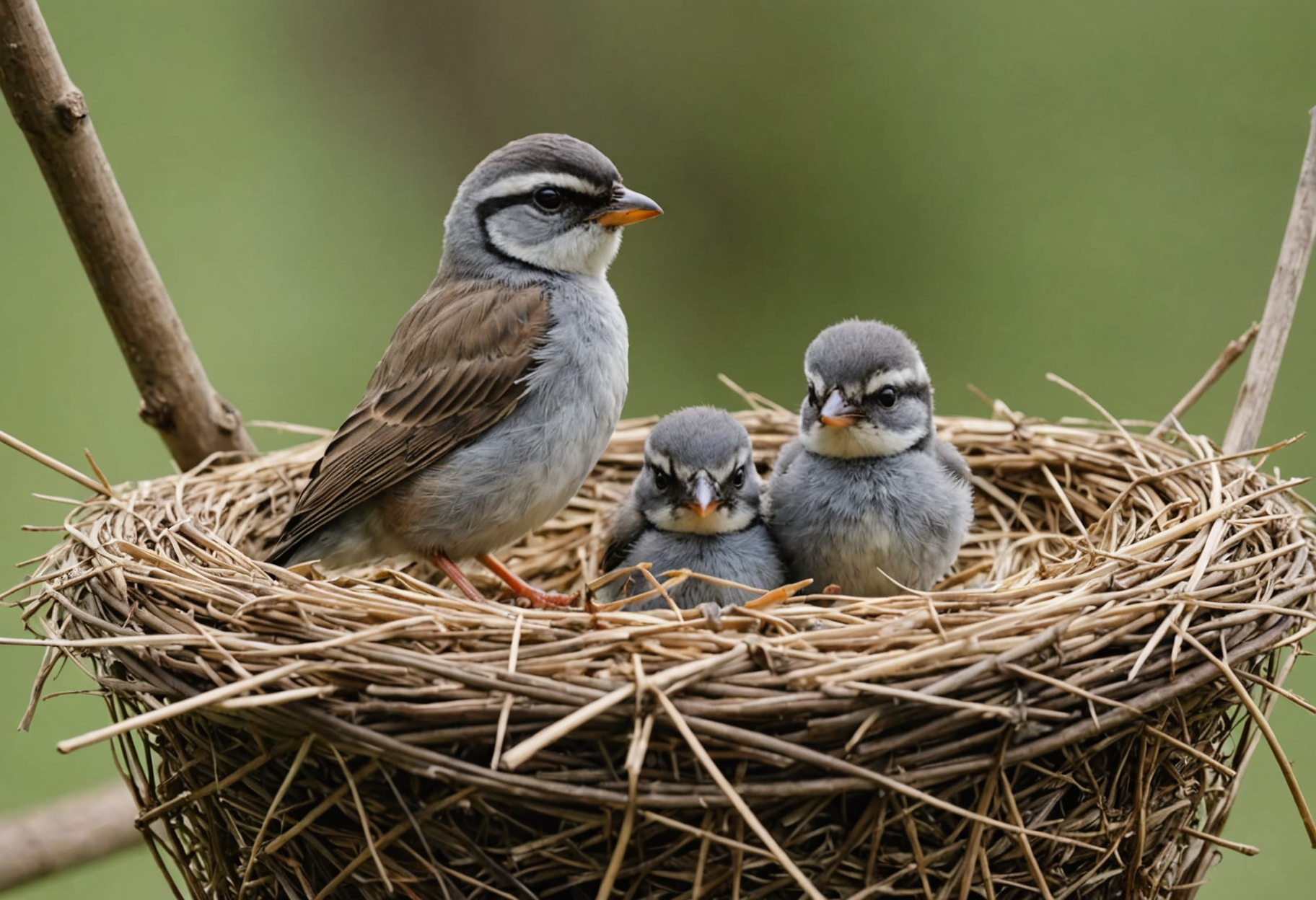
When asking 'What do baby birds eat?', it’s essential to recognize that baby birds have very different nutritional requirements compared to their adult counterparts. Baby birds need a high-protein, high-fat diet to support rapid growth, feather development, and healthy organ formation. Their natural diet is usually provided by their parents and includes regurgitated insects, worms, and pre-digested seeds depending on the species.
Food For Altricial Baby Birds
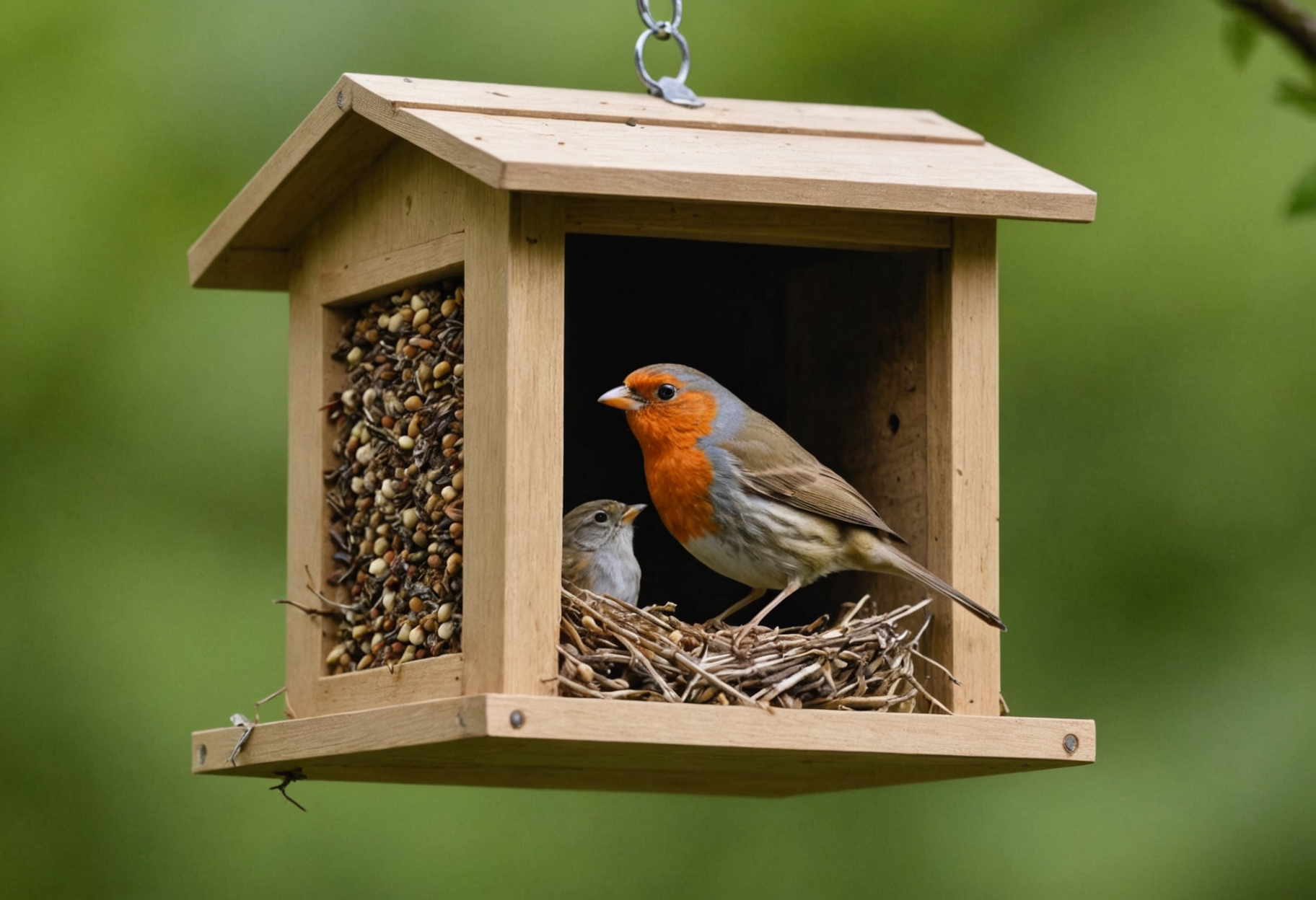
Altricial birds, such as robins, sparrows, and finches, hatch blind and featherless, relying completely on their parents for food. These baby birds primarily eat soft-bodied insects like caterpillars, mealworms, and earthworms. The question 'What do baby birds eat?' for this group is answered with ‘a protein-rich insect diet’, since it supports their fast development stage.
Food For Precocial Baby Birds
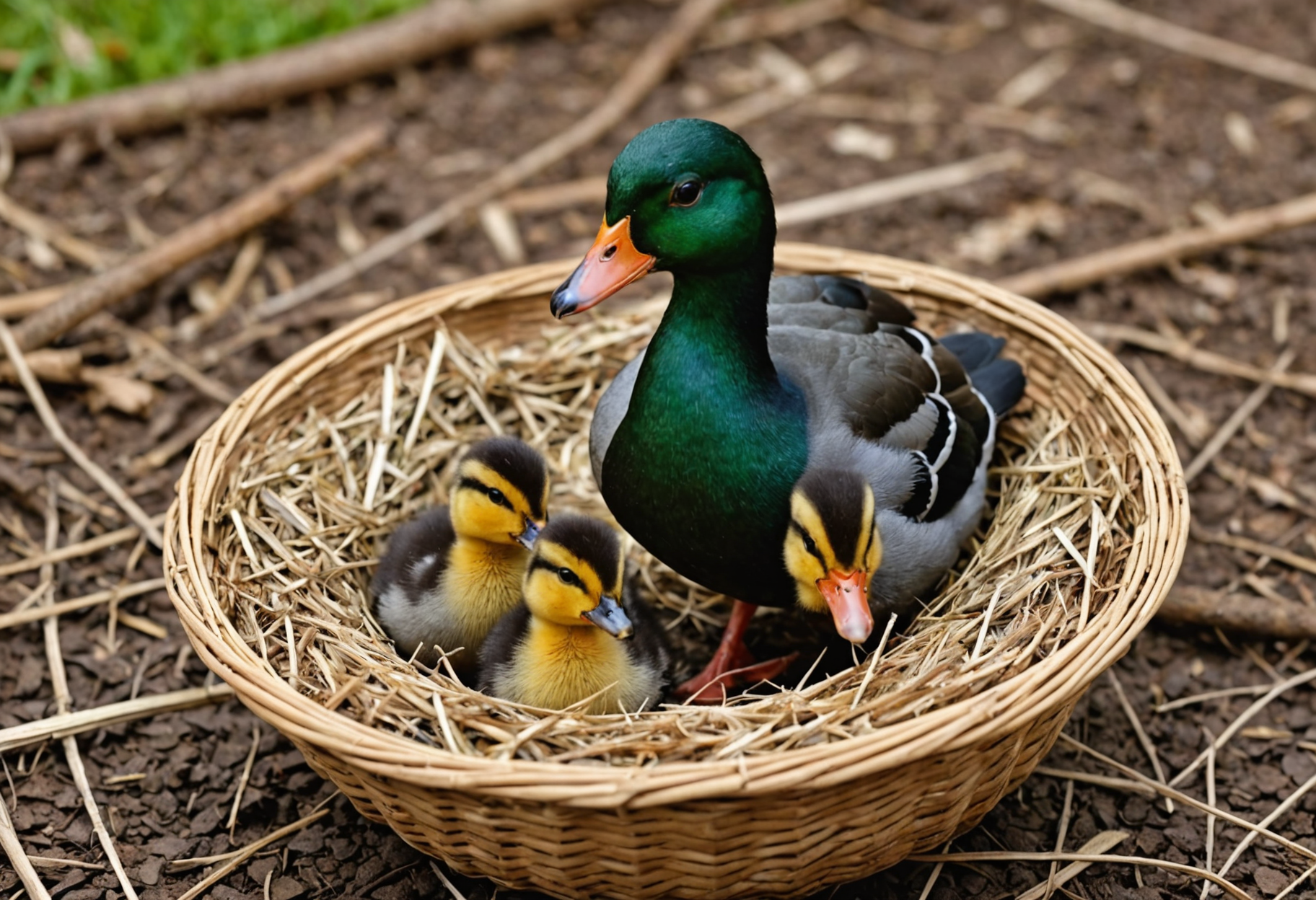
Unlike altricial species, precocial birds such as ducks and chickens are born with feathers and are able to feed themselves shortly after hatching. For them, 'What do baby birds eat?' includes grains, finely chopped vegetables, and commercial chick starter feeds. These feeds are specially formulated to provide the proper balance of nutrients for growing birds.
What To Feed A Found Baby Bird
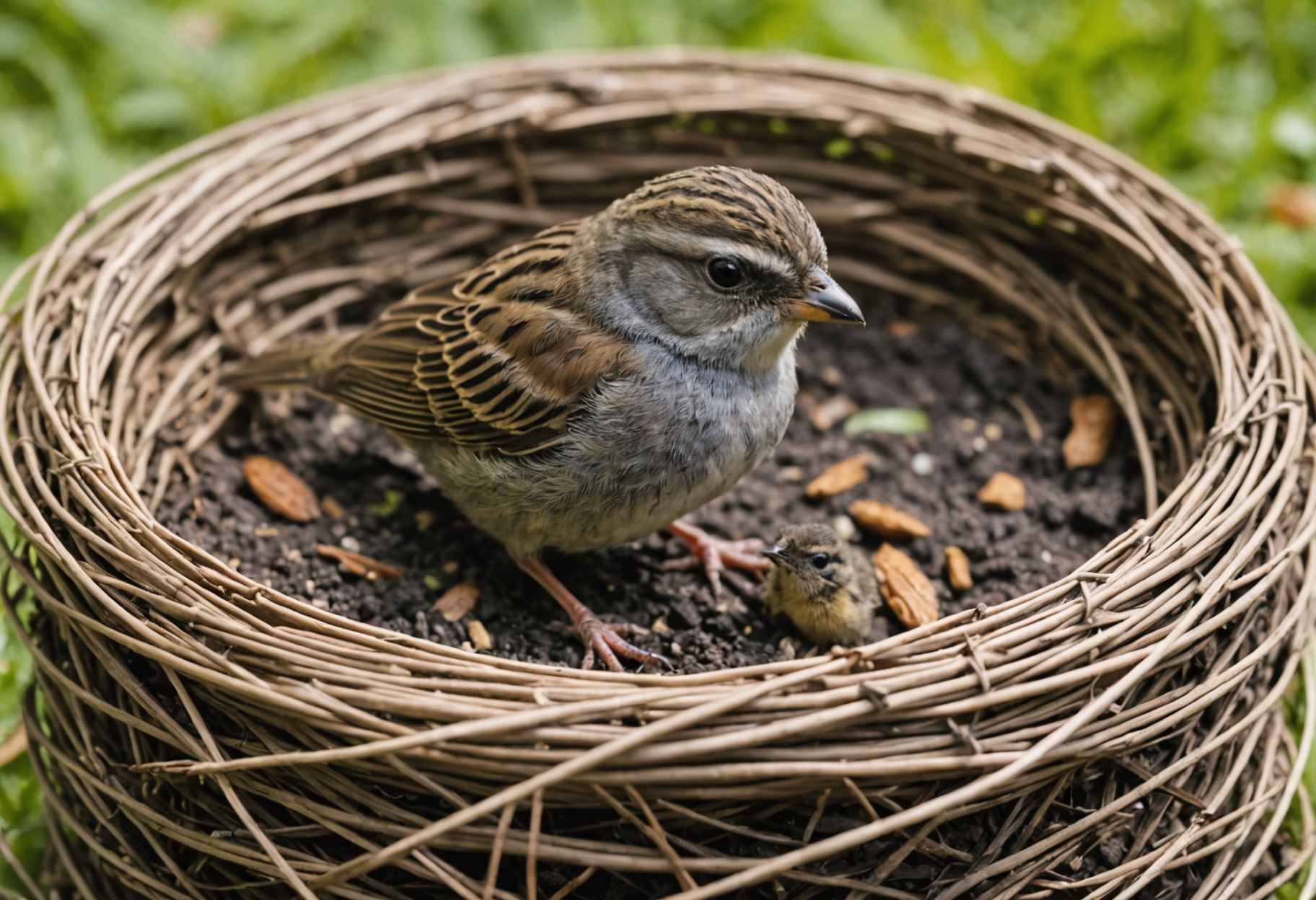
If you find a baby bird and are unsure what it eats, proceed carefully. Most experts recommend contacting a wildlife rehabilitator. However, a temporary answer to 'What do baby birds eat?' would be moistened cat food, hard-boiled eggs mashed with water, or specially designed baby bird formula available at pet stores. Never feed them bread or milk, which can be harmful.
Hydration For Baby Birds
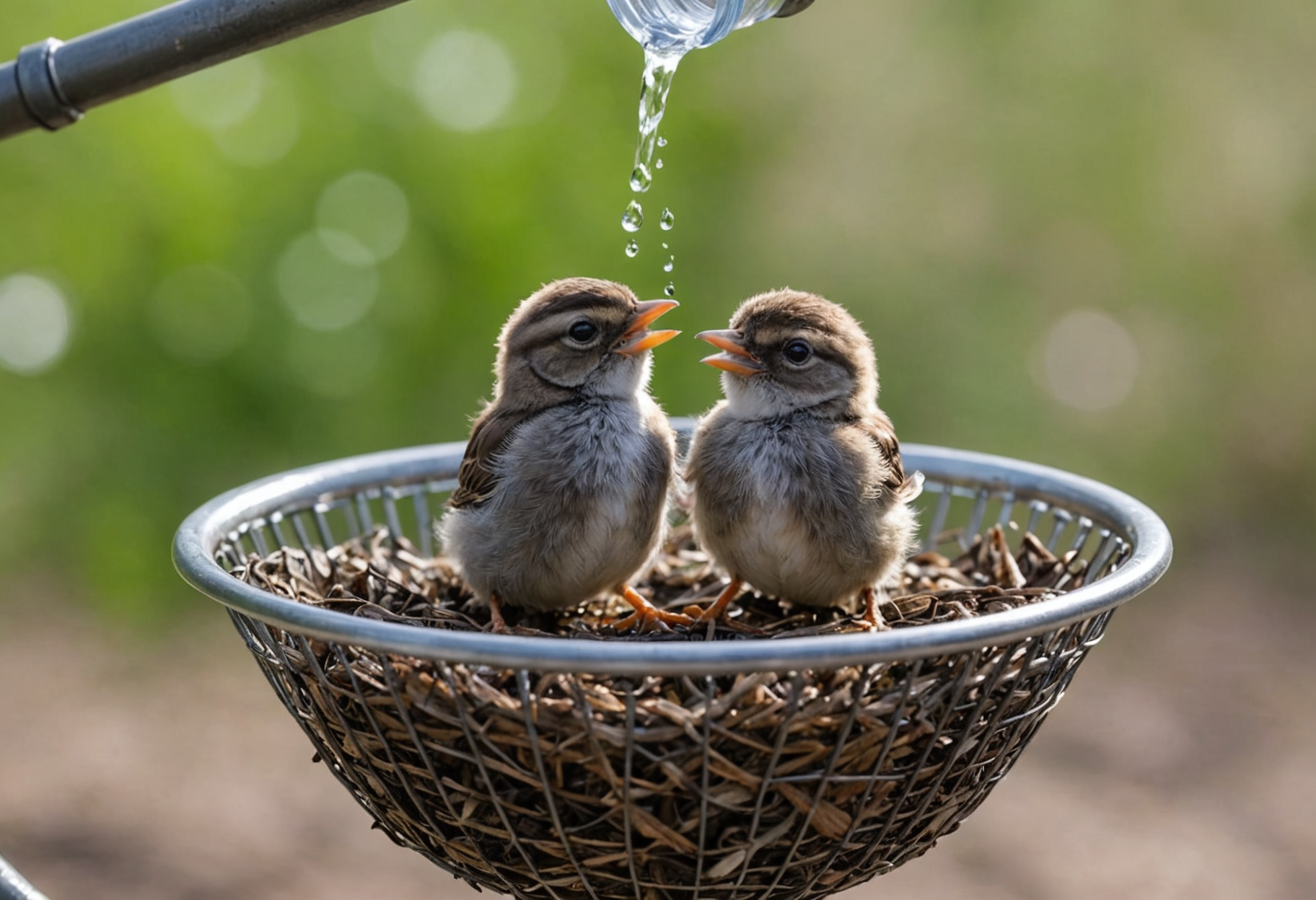
An often-overlooked part of 'What do baby birds eat?' is hydration. Babies generally receive water through the food given by their parents. Avoid giving plain water orally to a foundling, as they can aspirate it. Instead, moist foods or formulas provide the sufficient hydration they need in their early stages of life.
Foods To Avoid For Baby Birds
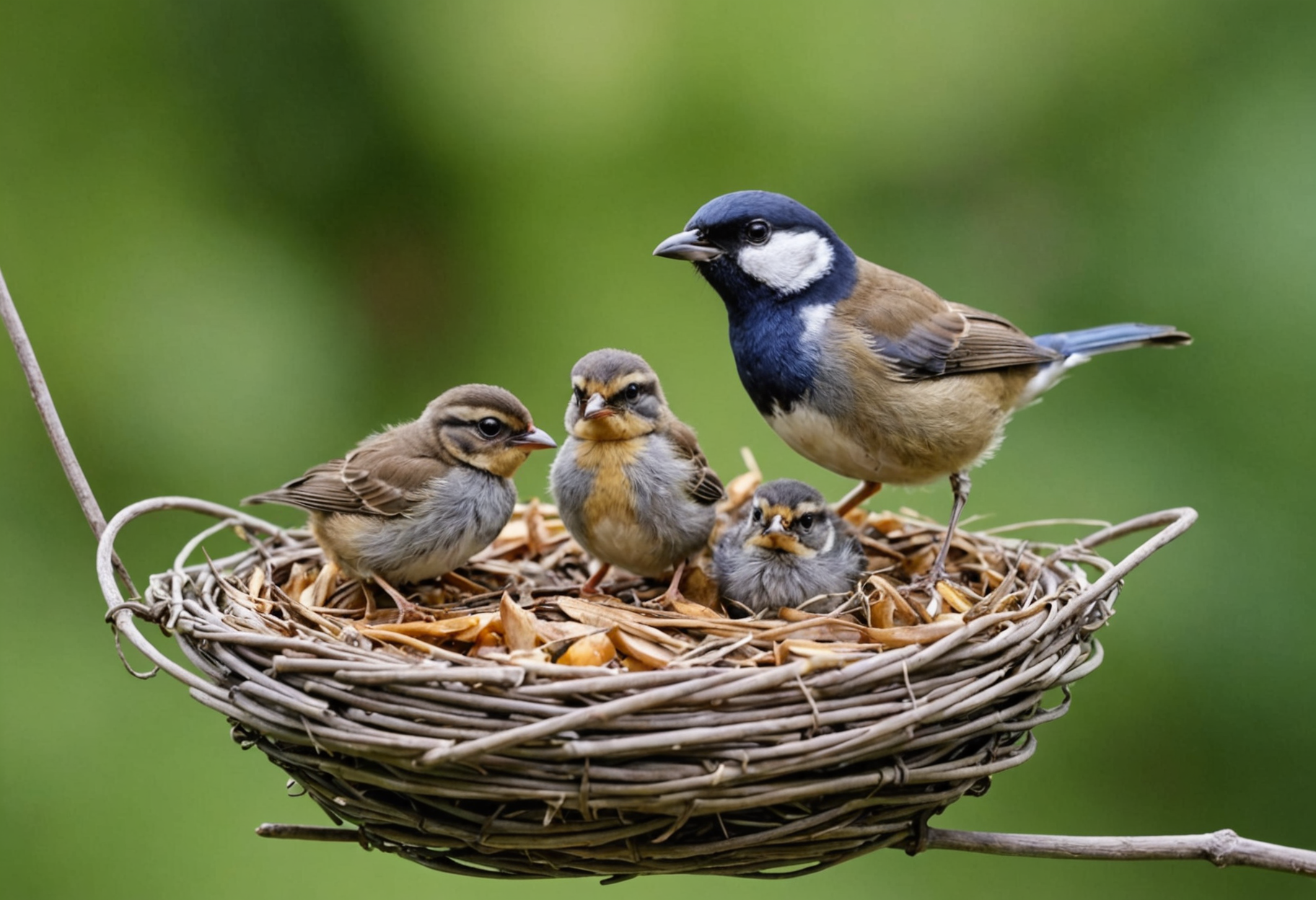
When asking 'What do baby birds eat?', understanding what they shouldn’t eat is equally important. Avoid giving baby birds milk, bread, raw meat, or cooked food with seasoning. These can disrupt their digestive systems and may even prove fatal. Stick to insects, moistened kibble, or professional formulas to be safe.
Best Commercial Foods For Baby Birds
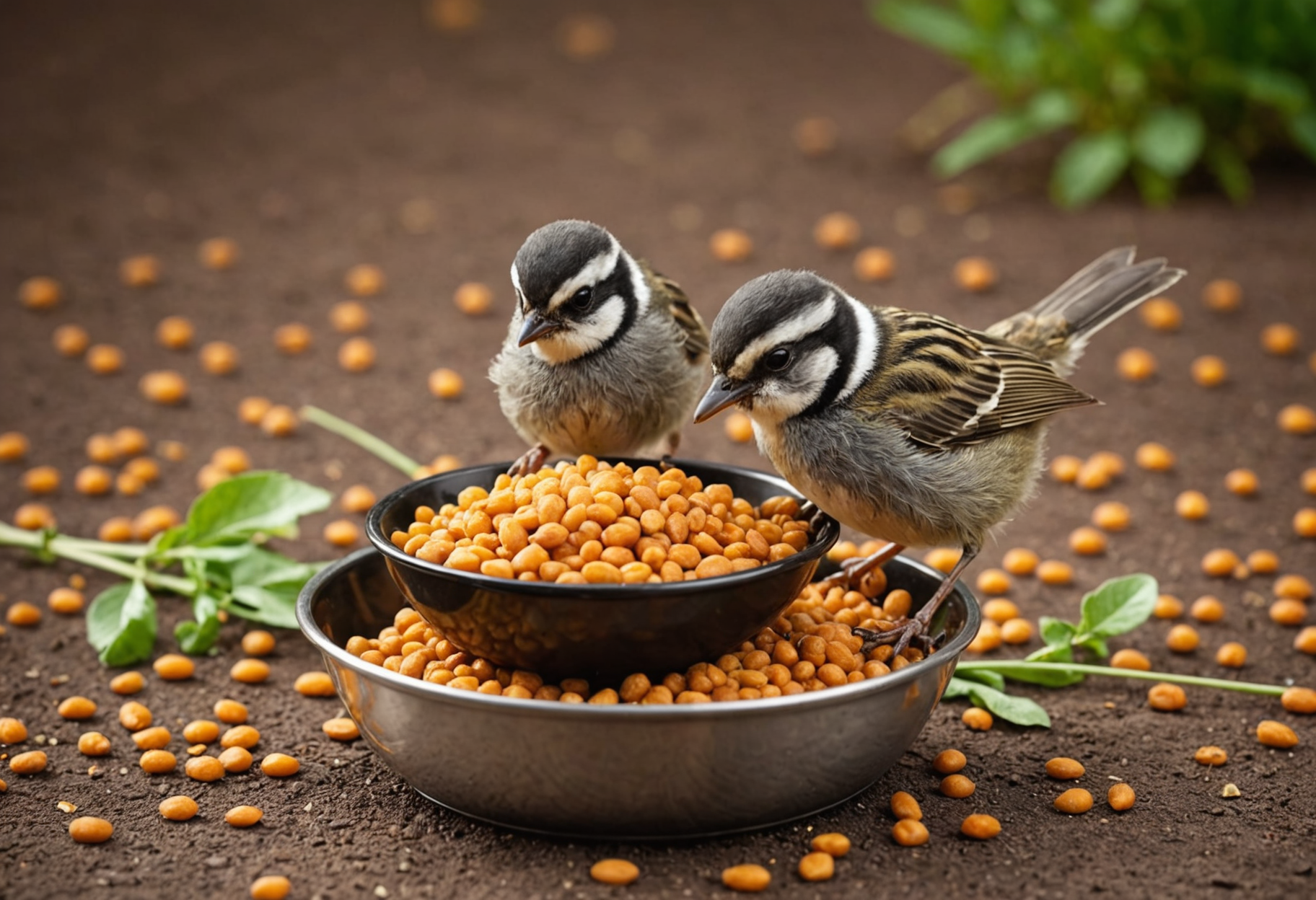
'What do baby birds eat?' can be answered in part with commercial baby bird food products. Trusted brands offer balanced, ready-to-serve formulas that mimic the diet provided by parent birds. These formulas include brands like Kaytee Exact Hand Feeding Formula or Zupreem Embrace, enriched with vitamins and easily digestible proteins.
Feeding Schedule For Baby Birds
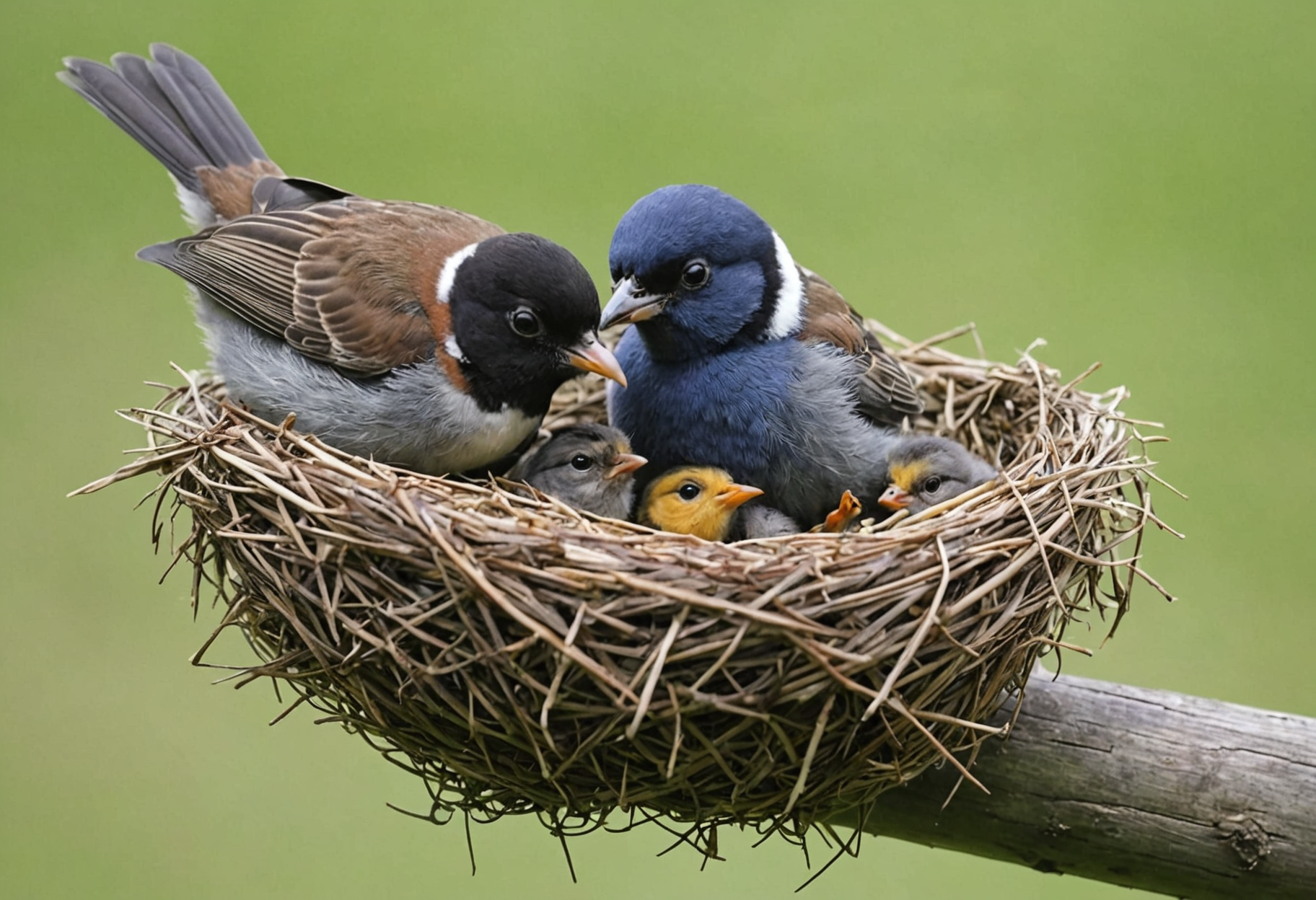
Feeding frequency depends on the bird’s age and species. Newborns may require feeding every 15-20 minutes, making the answer to 'What do baby birds eat?' more about timing than content alone. As they grow, feedings can taper to once every hour or couple of hours, with food quantity and type adjusting based on development.
Weaning Baby Birds Onto Adult Food
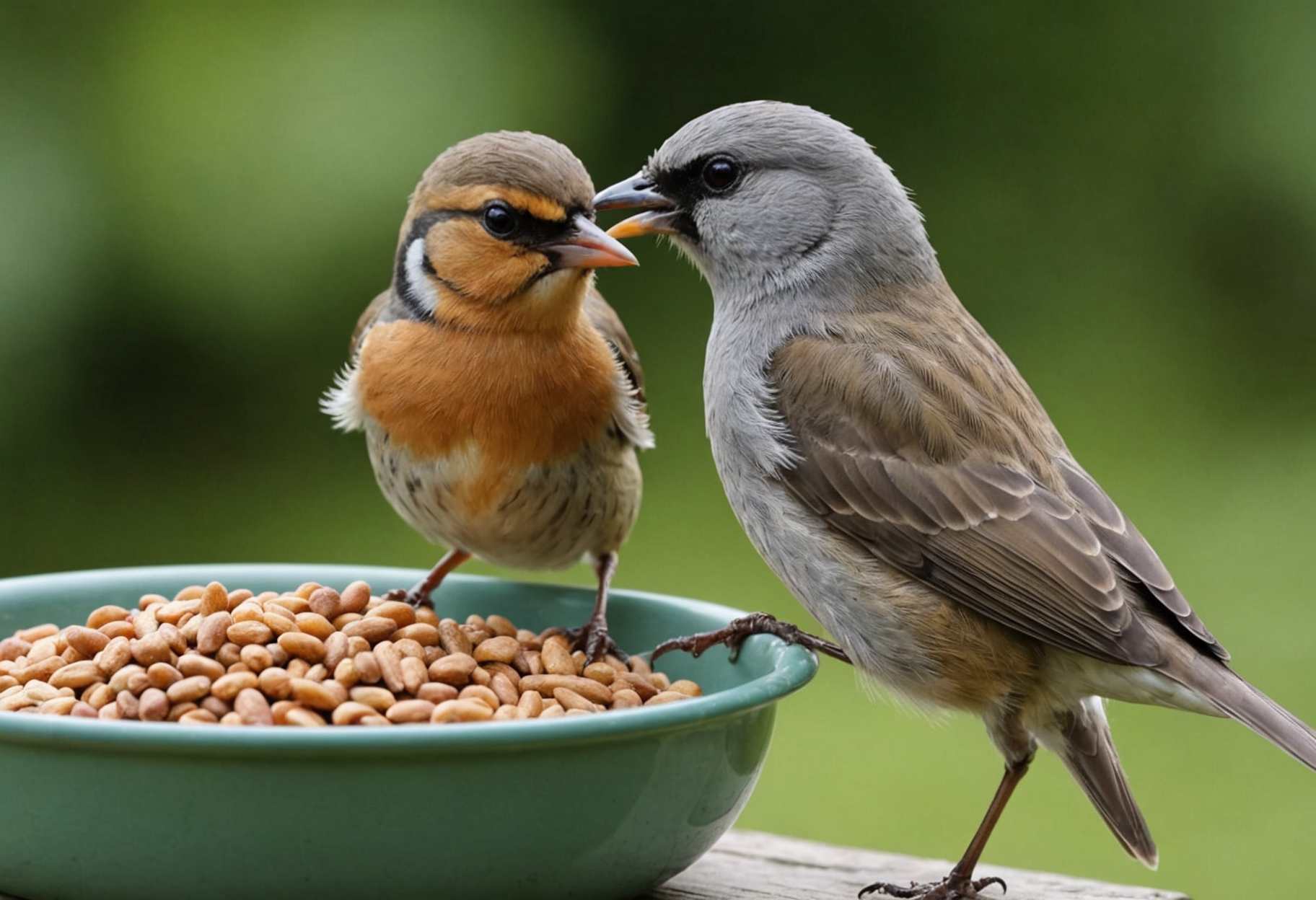
Eventually, baby birds must transition from a soft, protein-rich diet to standard adult bird food. Answering 'What do baby birds eat?' during the weaning phase includes gradual introduction of seeds, grains, or fruits according to their species. This stage should be closely monitored to ensure a smooth and healthy diet transition.
Understanding what do baby birds eat is vital for anyone interested in avian care or who encounters a young bird in need. Their diet varies greatly based on species, age, and whether they are altricial or precocial. By providing appropriate, nutrient-rich food and avoiding harmful substances, you can contribute to the health and survival of baby birds, ensuring they grow into strong, thriving adults.

